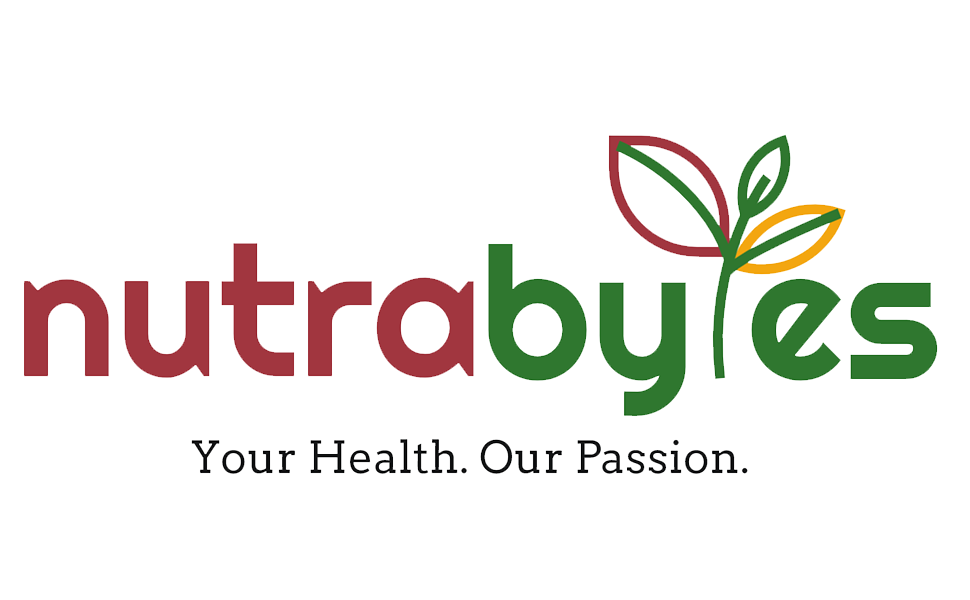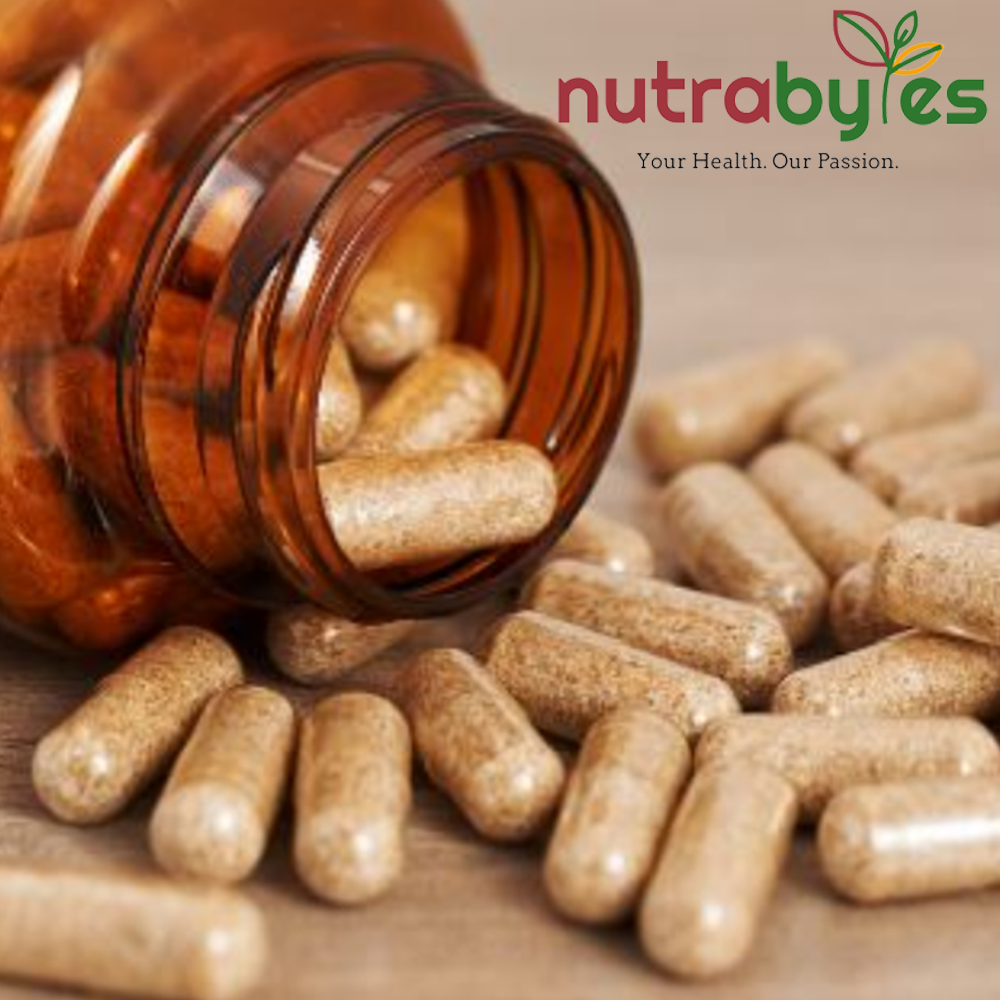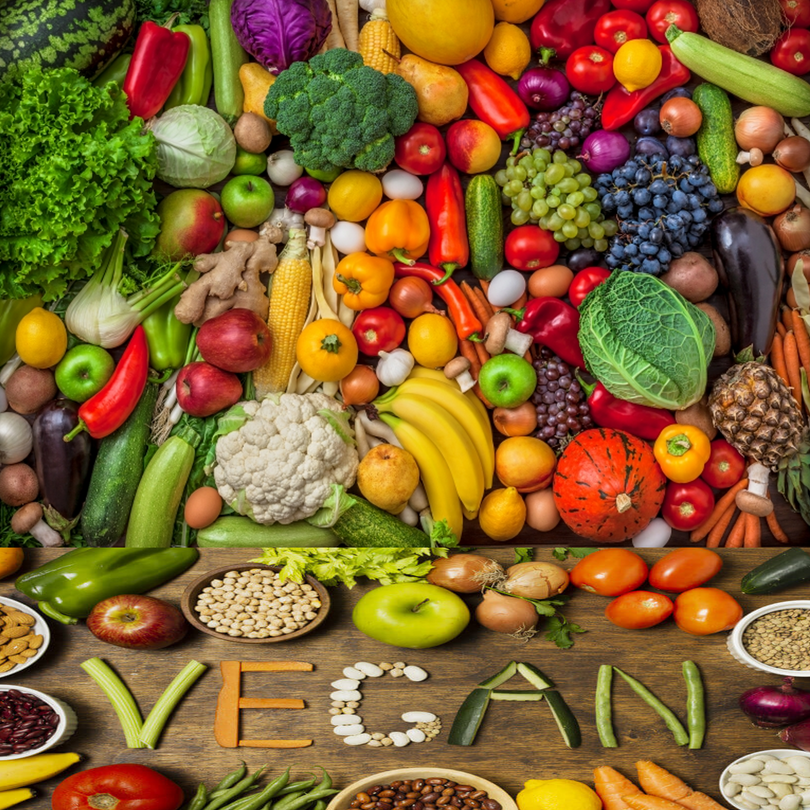Deconstructing Vitamin C’s Role In Collagen Production
Vitamin C has become a must-have ingredient in nearly every skin care product in recent times. From serums to face creams to food supplements like collagen, the several benefits of Vitamin C have captured the attention of both consumers and manufacturers.
But few seekers of healthy skin know the exact role that vitamin C plays in collagen synthesis. Regular collagen synthesis is an essential aspect of maintaining healthy skin.
Collagen supplements that contain hydrolysed collagen peptides provide the raw materials, i.e., amino acids, for collagen production. And sometimes, as in our liquid bovine collagen supplement, Vitamin C is added.
Want to know the reason why? Here’s the blog where you find out the exact role Vitamin C plays in enhancing the effectiveness of collagen peptides. Check out the details as we unpack it for you.
What Is Vitamin C?
Vitamin C is a water-soluble vitamin that is present in the epidermis and dermis in high concentrations. It plays a big role in maintaining skin health and is a prominent component of skin creams, serums, and almost every other skincare solution available on the market.
The most common form of Vitamin C is ascorbic acid, naturally available in citrus fruits and vegetables like kale. Vitamin C also happens to be a powerful antioxidant. Antioxidants neutralise and remove harmful free radical compounds from the body, reducing oxidative stress.
Everybody knows Vitamin C as the go-to immunity booster, but it plays a big role in skin and bone health because of its part in collagen formation.
How Does Vitamin C Help Build Collagen?
Collagen is made up of 3 amino acids, namely glycine, proline, and hydroxyproline. It is the extracellular matrix’s most common structural component, providing the much-needed “glue” or “scaffolding” that our body needs to function.
Collagen is produced by fibroblasts, the spindle-like cells responsible for creating the extracellular matrix.
As age catches up with us, collagen production begins to decrease at the rate of 1% each year. Regularly consuming hydrolysed collagen peptide supplements may add the necessary amino acids from which collagen is later built up by the body.
Vitamin C plays an essential role as a cofactor in the synthesis of collagen. It helps in the function of two key enzymes, prolyl hydroxylase and lysyl hydroxylase, which are needed for collagen synthesis.
When there aren’t sufficient levels of vitamin C in the body, it can impact collagen synthesis. It may lead to a weakened skin structure and visible signs of ageing.
3 Ways In Which Vitamin C Supports Collagen Production
Ascorbic acid works in 3 ways to synthesise collagen.
-
Co-factor in Collagen Synthesis
Vitamin C is needed in the conversion of proline and lysine into collagen. It acts as a cofactor, which is like a helping agent, in the chemical reaction involved in the conversion. Without sufficient Vitamin C, the process of collagen production is impacted, creating unstable collagen fibres.
-
Stimulating Collagen Production
Vitamin C also plays a role in promoting fibroblast activity. Fibroblasts produce collagen and other connective tissue cells.
-
Antioxidant Properties
Free radicals are unstable atoms that damage the existing cells in our body. Vitamin C is a powerful antioxidant. Antioxidants remove free radicals from the body. In this way, vitamin C prevents free radicals from damaging collagen and other cells.
Is It Safe to Take Collagen Supplements and Vitamin C at the Same Time?
It is perfectly safe to take Vitamin C and collagen supplements at the same time. Speak to your GP or healthcare professional before you start any supplementation regimen. Don’t exceed the recommended dosage for vitamin C.
You can get Vitamin C from foods like citrus fruits and vegetables like bell peppers, kale, brussels sprouts, and broccoli. You can turn to vitamin C supplementation if it is hard to get the vitamin through your normal diet.
What Is The Daily Recommended Dosage For Vitamin C?
According to health guidelines, the recommended daily intake of vitamin C is 90 mg for adult men and 75 mg for adult women. For women who are pregnant or breastfeeding, this requirement increases to between 85 mg and 120 mg, depending on the stage of lactation.
While meeting your daily vitamin C needs is important, it's also essential to be aware of the upper limit. Consuming more than 2000 mg of vitamin C in a day exceeds the body’s absorption capacity. Any excess must be eliminated, which requires the body to use valuable biological resources to safely process and excrete it.
Check out Nutrabytes’ Liquid Bovine Collagen Enhanced With Vitamin C
Our Liquid Bovine Collagen has been enhanced with vitamin C. It is made up of hydrolysed bovine collagen peptides of Collagen Types 1 and 3, along with 19 amino acids, Biotin, and Hyaluronic Acid.
It contains 120 mg of Vitamin C per 25 ml dose. Vitamin C supports skin health, plays a role in wound healing, and provides antioxidant protection. Its presence in this liquid Bovine Collagen food supplement helps in stimulating collagen production and in collagen synthesis.
In Conclusion
Hydrolysed bovine collagen may be a powerful supplement for supporting skin health—but its benefits are best realised when paired with adequate vitamin C intake. That’s because vitamin C’s role in collagen production reveals how crucial this nutrient is in helping the body synthesise and stabilise collagen fibers. Together, they create a strong foundation for healthier ageing and overall well-being.
Reference Link
-
https://continentalhospitals.com/blog/role-of-vitamin-c-in-collagen-production-and-bone-strength/
-
https://lpi.oregonstate.edu/mic/health-disease/skin-health/vitamin-C
-
Boyera, N., Galey, I., & Bernard, B. A. (1998). Effect of vitamin C and its derivatives on collagen synthesis and cross-linking by normal human fibroblasts. International journal of cosmetic science, 20(3), 151–158. https://doi.org/10.1046/j.1467-2494.1998.171747.x
-
Žmitek, K., Žmitek, J., Hristov, H., Rogl Butina, M., Keršmanc, P., & Pogačnik, T. (2024). The Effects of Dietary Supplementation with Collagen and Vitamin C and Their Combination with Hyaluronic Acid on Skin Density, Texture and Other Parameters: A Randomised, Double-Blind, Placebo-Controlled Trial. Nutrients, 16(12), 1908. https://doi.org/10.3390/nu16121908
-
DePhillipo, N. N., Aman, Z. S., Kennedy, M. I., Begley, J. P., Moatshe, G., & LaPrade, R. F. (2018). Efficacy of Vitamin C Supplementation on Collagen Synthesis and Oxidative Stress After Musculoskeletal Injuries: A Systematic Review. Orthopaedic journal of sports medicine, 6(10), 2325967118804544. https://doi.org/10.1177/2325967118804544
DePhillipo, N. N., Aman, Z. S., Kennedy, M. I., Begley, J. P., Moatshe, G., & LaPrade, R. F. (2018). Efficacy of Vitamin C Supplementation on Collagen Synthesis and Oxidative Stress After Musculoskeletal Injuries: A Systematic Review. Orthopaedic journal of sports medicine, 6(10), 2325967118804544. https://doi.org/10.1177/2325967118804544














